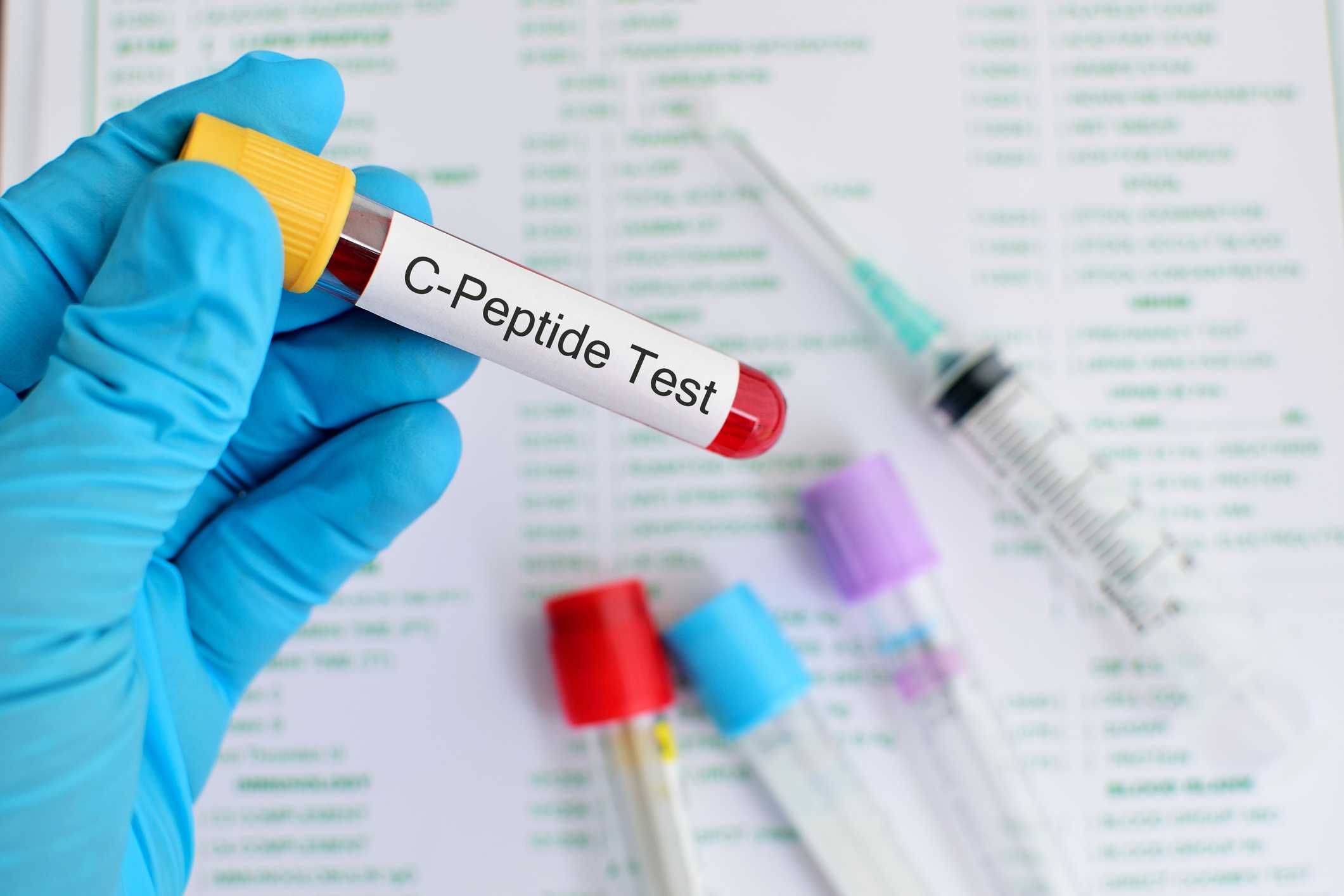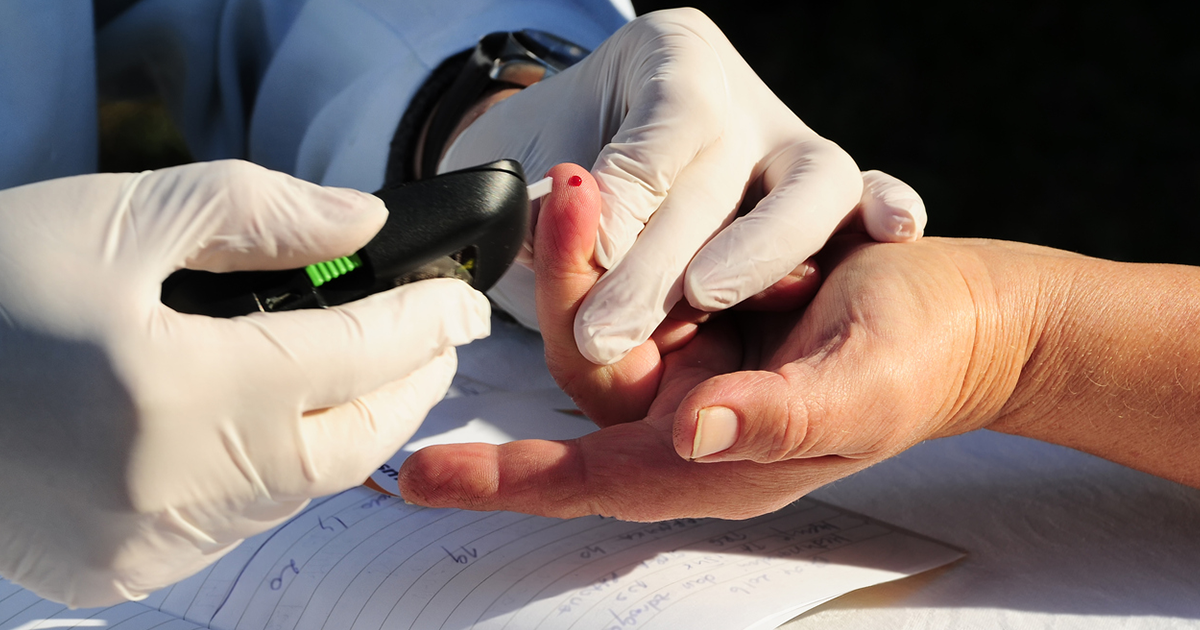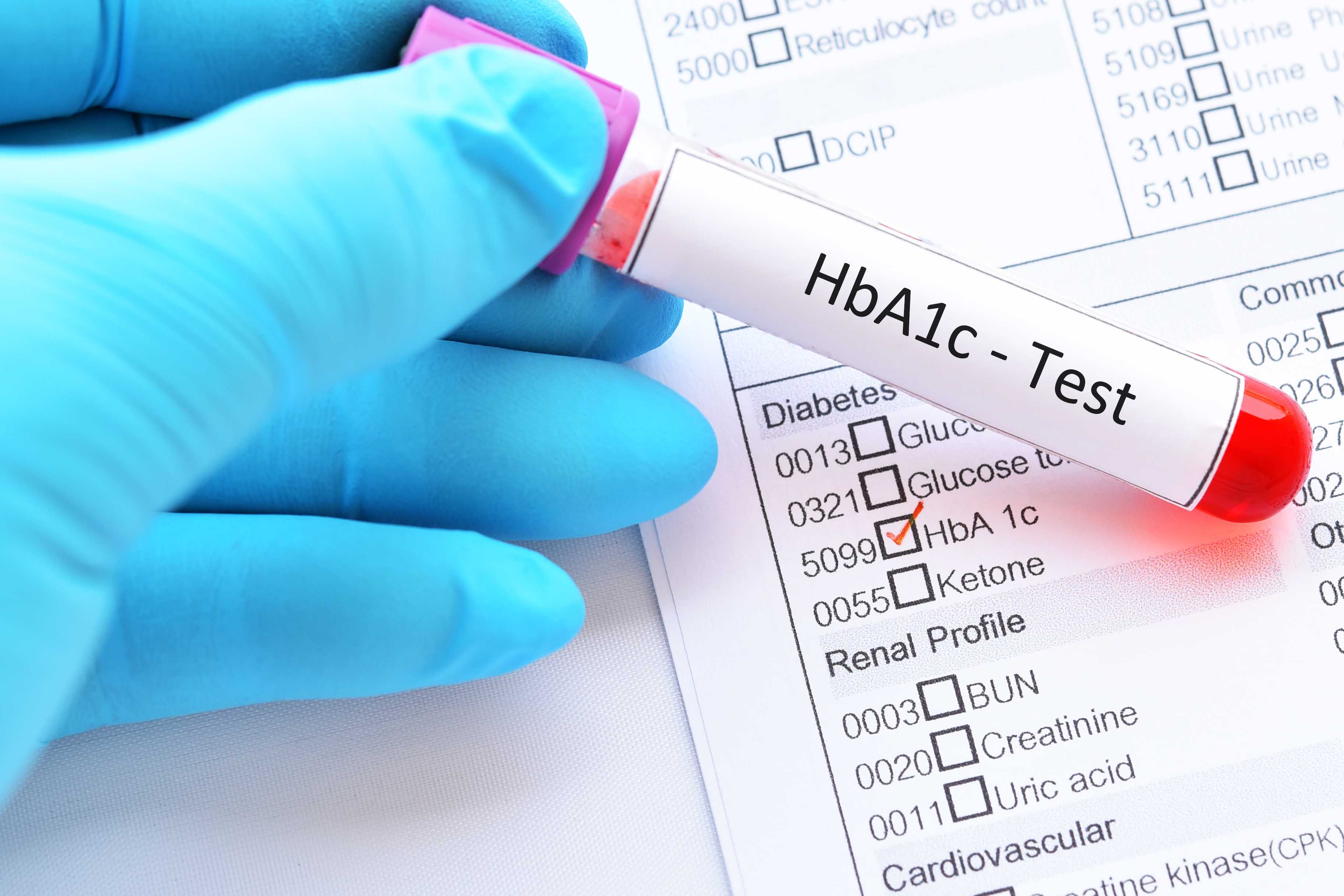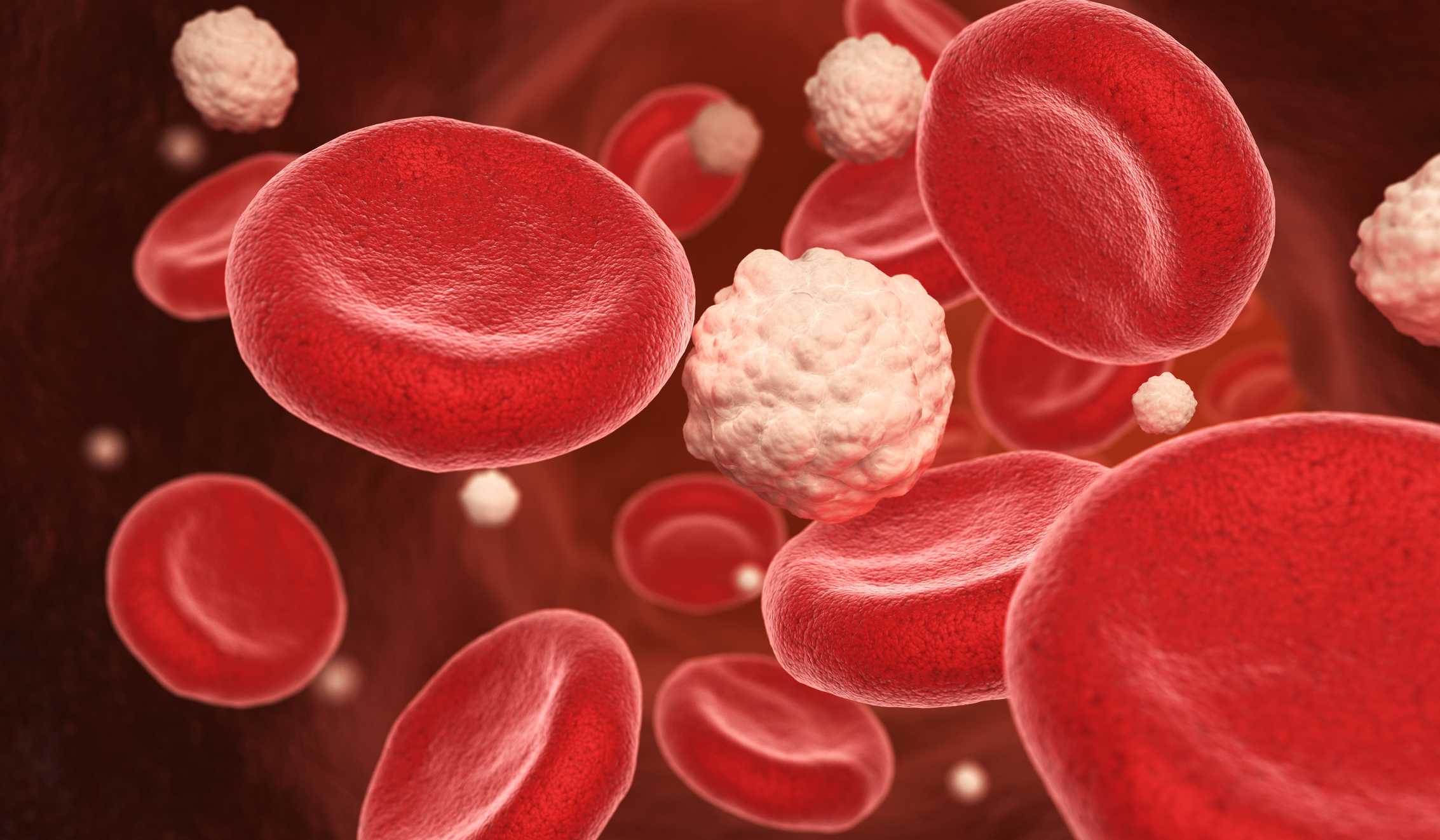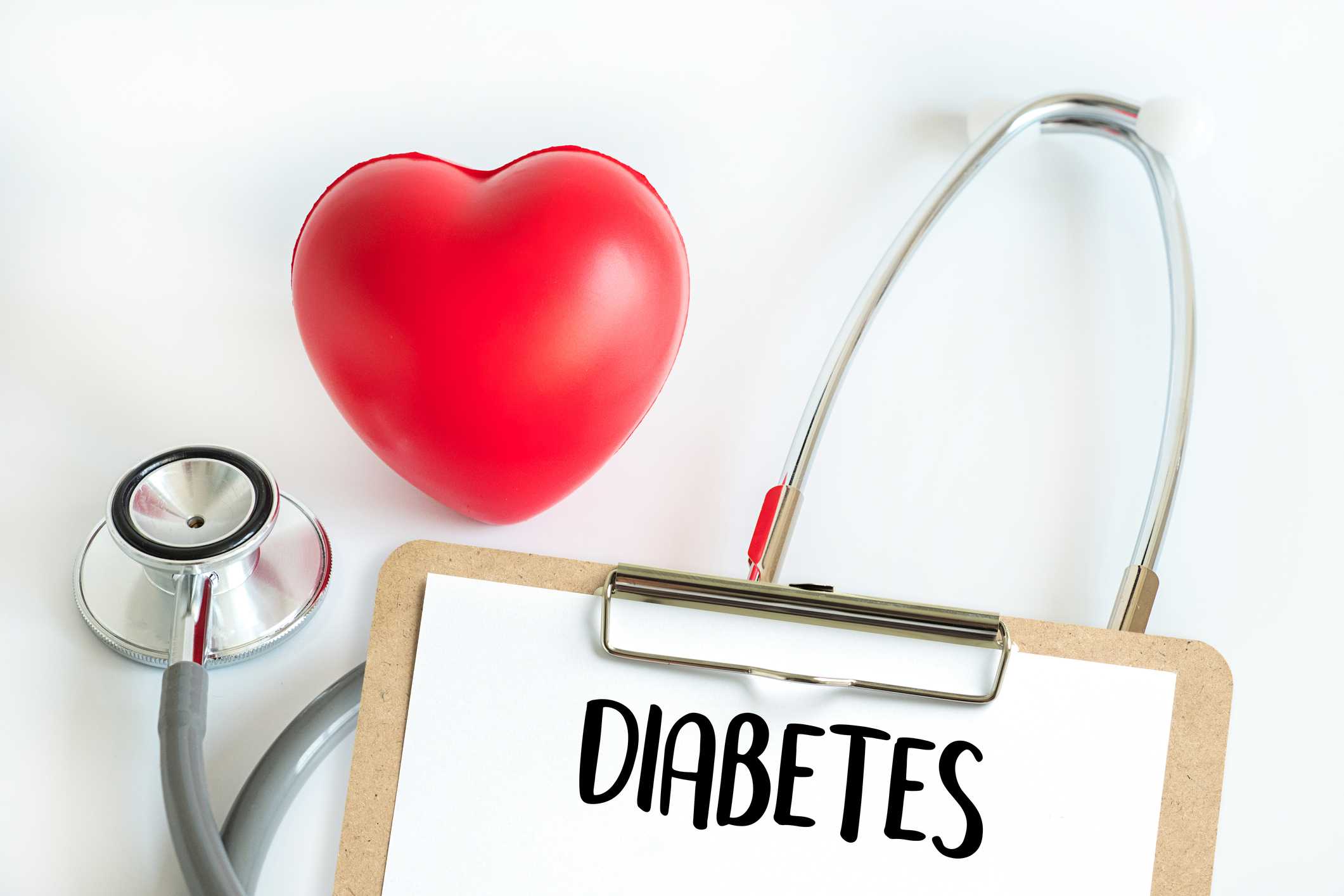Diabetes screening tests are a good preventative method for catching the development of diabetes at an early stage.
Diabetes screening tests are becoming more commonly used, in the UK, as diabetes prevalence continues to grow.
What should a diabetes screening test be used for?
href=” A results from a diabetes screening test can be used to seek further medical advice from a doctor or medical professional.
The screening test is not intended as a diagnosis, and diabetes screening test are not always accurate. If, at any stage of the test, you are nervous or unsure, contact your doctor for further advice.
- Find out more about prediabetes tests
What tests currently exist for diagnosing diabetes?
The following tests are currently used to diagnose or distinguish between certain types of diabetes:
Diabetes Tests
Should I be screened for diabetes?
If you are aged between 40 and 74, you are eligible to receive an NHS Health Check, which checks for the presence or risk of type 2 diabetes and other common long term health conditions.
A screening test is advisable if you have any of the symptoms of diabetes, such as frequently needing to urinate, increased thirst or persistent lethargy.
Diabetes screening tests are also advisable for people with a number of risk factors for type 2 diabetes such as being overweight or obese, having a close family member with type 2 diabetes or being of African-Caribbea, Middle Eastern or South Asian origin
Screening for gestational diabetes should either occur between weeks 24 and 28 weeks of pregnancy or, if you have had gestational diabetes in a previous pregnancy, between 16 and 18 weeks and, if negative, followed by a second test at 28 weeks.
NHS Health check
If you are between 40 and 74 years old, the NHS Health Check is a great way to assess your risk for a number of long term health conditions such as:
- Type 2 diabetes
- Heart disease
- Stroke
- Kidney disease
- Some forms of dementia, such as Alzheimer’s disease
The NHS Health Check involves completing a health questionnaire and a number of tests will be performed, including a blood pressure check, having your height and weight measured and having a blood test.
What should I do if I have a positive result for a diabetes screening test?
A positive result will usually indicate a diagnosis of diabetes, however, if there is doubt, you may be given a second test to confirm the result.
If you fall within the prediabetes range of a diabetes test, you should be monitored with a further diabetes screening test each year.
What should I do if I have a negative result for a diabetes screening test?
A negative result for a diabetes screening test is good news, however, it’s important to be aware that diabetes can develop later on in life so it is important to be aware of the symptoms of diabetes. If you spot the symptoms of diabetes, contact your GP.
It is also advisable to reduce your risk of developing type 2 diabetes by maintaining a healthy diet and taking regular physical activity.

